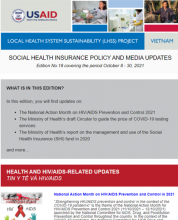Learning and knowledge sharing are fundamental to the LHSS Project. We invite you to search LHSS knowledge products and resources for the latest approaches, insights, and learning in the field of integrated health systems strengthening.
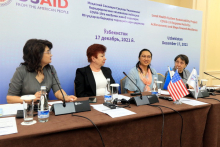
LHSS supported a coordinated national emergency response led by the Ministry of Health and helped build the resilience of the health system against future shocks in Uzbekistan.

It is easy to fall back on the habit of using catchall terms like “vulnerable groups” to refer to many different people, but relying on these terms can have a harmful unintended consequence.
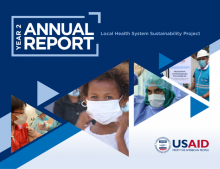
The Year 2 Annual Report provides a look into the geographic and technical scope of LHSS during October 2020-September 2021. The report includes stories of impact within five themes: Building Resilience, Supporting Local Capacity and Sustainability, Advancing Equitable Access to Essential Health Services, Promoting Quality Health Care, and Optimizing the Use of Health Resources.
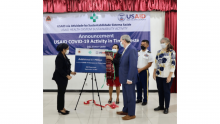
The USAID Health System Sustainability activity will work with Timorese officials to train health workers in rural communities on handling different vaccines, using cold chain equipment, and ensuring that community members have equal access to vaccines and essential health care.
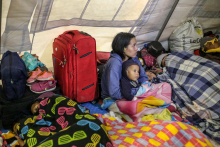
For countries facing a large influx of migrants, the best way to ensure that these new members of society have sustained access to essential health services is to have a long-term strategy – one that builds on existing health platforms.
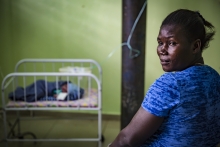
In the Dominican Republic, the dual impact of large numbers of migrants and a health system overwhelmed by COVID-19 has meant that fewer health services are available for migrant women. LHSS is working to improve health protection for the country’s migrant women, most of whom come from Haiti.
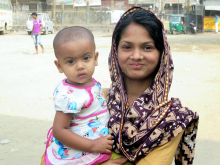
Poor budget execution results in inefficiencies that undermine the ability of health agencies to improve access to needed health services and improve population health. Yet billions of dollars in unexecuted health budgets are returned to treasuries every year.
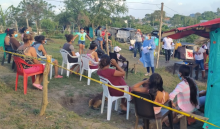
Population movement of this magnitude places huge stress on health systems in receptor countries. How can health care for migrants be financed? How can health system capacity be expanded? And how can health sector policies and national migration policies be harmonized?
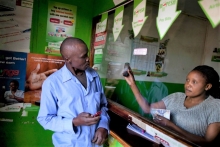
LHSS conducted a global evidence review on emerging models of DFS for health, and explored why, how, and under what circumstances these models contribute to universal health coverage.
Panelists share experiences from countries harnessing trusted community networks to reach key audiences – and discuss how approaches could be used to support vaccine uptake and long-term health system strengthening.
Panelists discuss the rapid evolution in knowledge of how to best care for critically ill COVID patients, how countries are quickly adapting to ensure improved care for patients, and lessons learned.
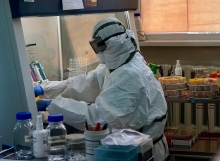
The events of the past 18 months underscore the importance of generally strong, equitable, and accessible health systems. COVID-19 is not the only threat we face, and as we prepare for the future it is critical that we begin to sufficiently invest in the foundational health system strengthening required to develop lasting resilience.
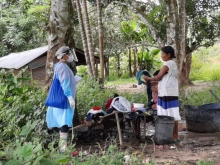
The pandemic has presented an urgent challenge to Colombia’s already overburdened, understaffed health system. Rapid response teams are traversing roads, mountain paths, and rivers to help health officials contain the spread of COVID-19.

Mobile phones, mobile money, and other advances in digital financial technology create new opportunities to speed progress towards universal health coverage.

